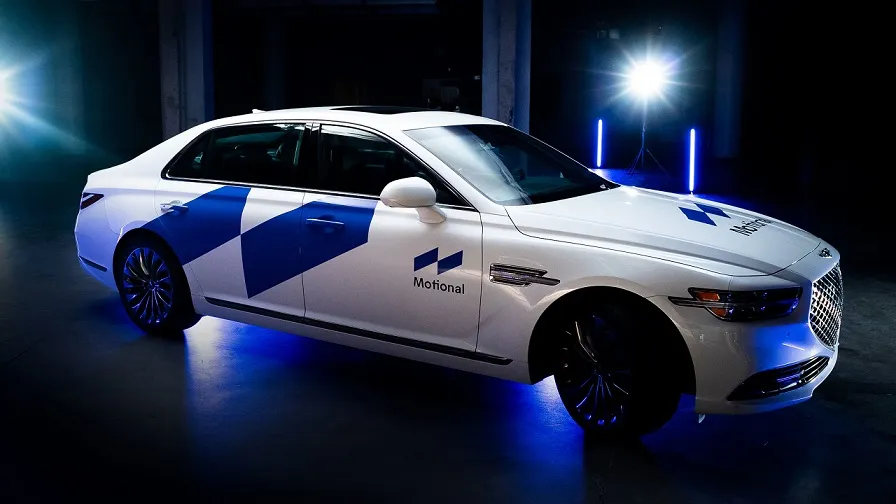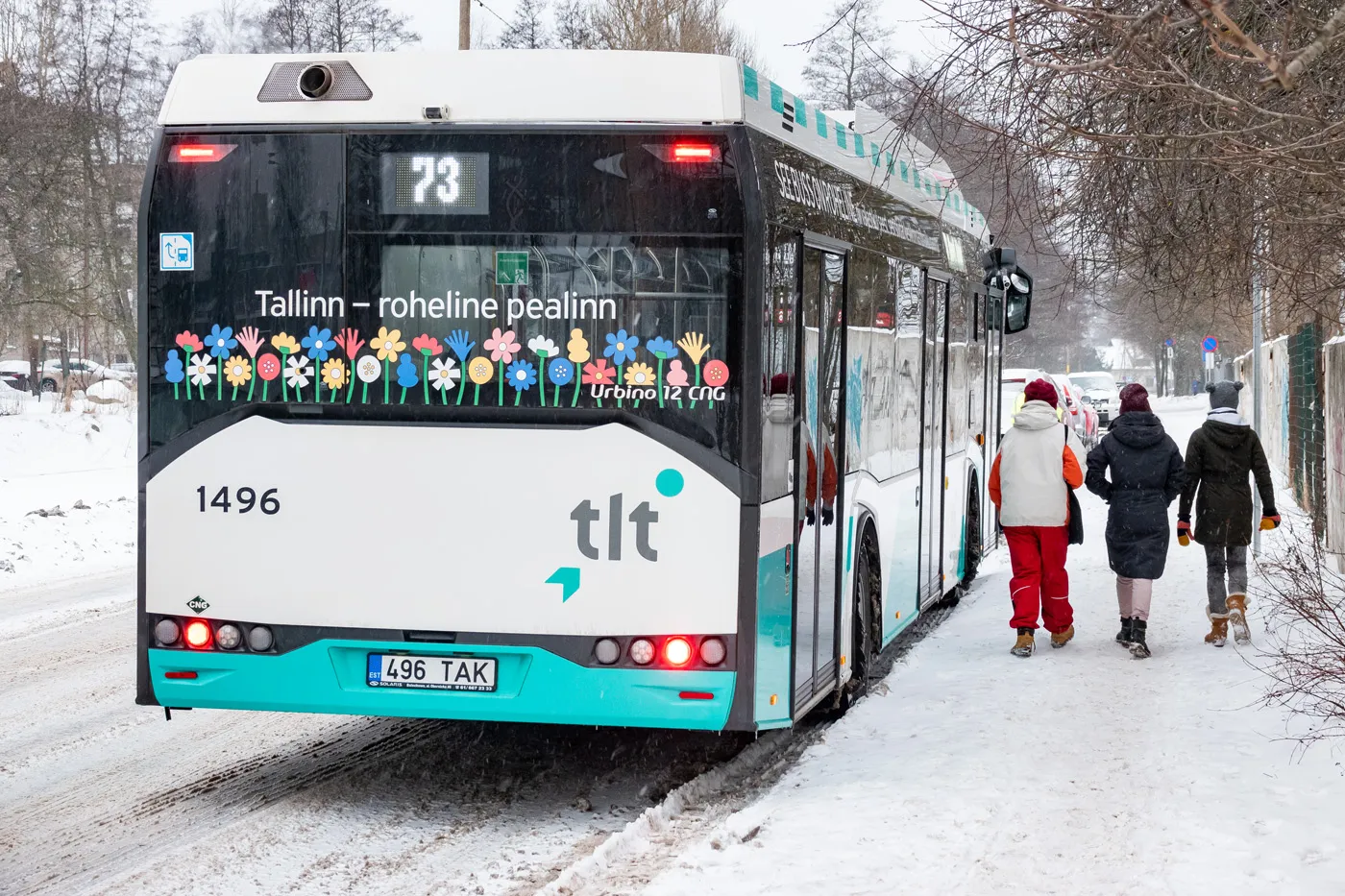
BlackBerry has announced its QNX Black Channel Communications Technology will be used in Motional’s autonomous vehicles (AVs).
BlackBerry says the technology enables Motional to provide safe data communication exchanges within the vehicle's safety systems.
The product makes the nodes of data communication in embedded systems functionally safe, the company adds.
According to BlackBerry, the technology encapsulates the data being exchanged and validates it with safety checks, which protects data communication from systematic software faults, random hardware faults and transient faults while helping in the automatic prevention of damage from these failures.
BlackBerry's portfolio of functional software includes its QNX operating system, development tools and middleware for connected and autonomous vehicles.
Automakers and Tier 1’s use BlackBerry QNX software in their advanced driver assistance, handsfree and infotainment systems, along with their digital instrument clusters and connectivity modules.









